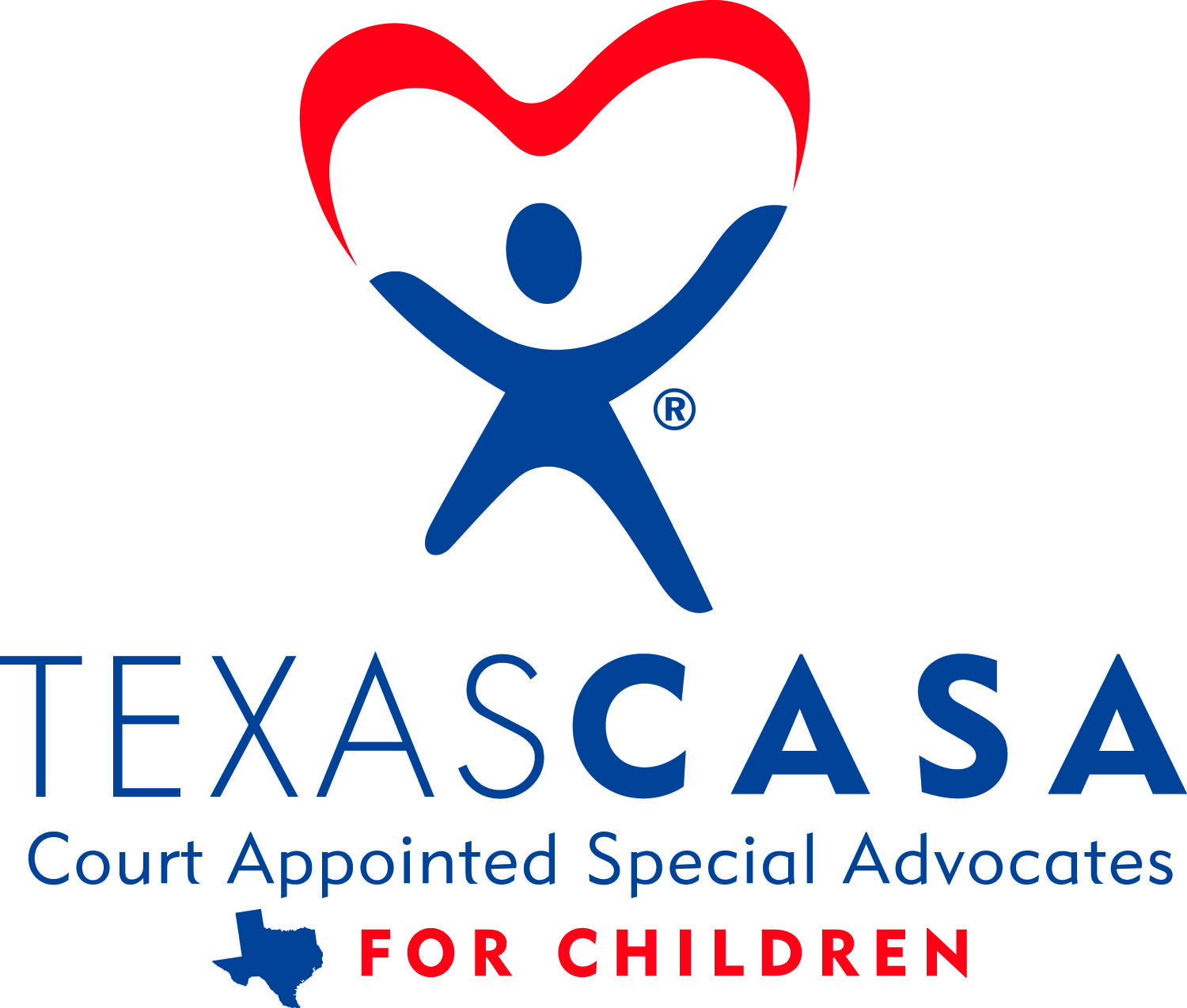Texas CASA hosts training in Rockwall
(Rockwall) June 20, 2013 – About 70 advocates for children in the foster care system gathered at the Hilton Dallas Rockwall Lakefront for two days of training to learn how to better speak up for children who are removed from their homes because of abuse and neglect.
Judges, Child Protective Services staff and advocates with Court Appointed Special Advocates® (CASA) on Monday heard internationally-recognized child development expert, Dr. Karyn Purvis, director of the Texas Christian University Institute for Child Development, describe the effects of trauma on children’s brain development.
Purvis discussed how people working with traumatized children need to understand how the children’s brain development has been affected and what techniques are most effective in helping the children begin to heal and manage their behavior.
The training was hosted by Texas CASA, the statewide association of 70 CASA programs that serve children in foster care in 206 Texas counties.
Representatives from 12 CASA programs throughout north Texas on Tuesday heard from media experts, including Dawn and Richard Redig, editor and publisher of the Blue Ribbon News, about how best to get their message out to raise awareness about the need for more CASA volunteers.
Last year, more than 7,000 CASA screened and trained volunteers advocated for nearly 23,000 children in the foster care system. However, nearly 24,000 children did not have CASA volunteers to speak up for their best interests while they are in foster care.
CASA representatives also received training in recruiting men to serve as CASA volunteers. Half the children in foster care are boys, but just 15 percent of CASA volunteers are men.
CASA staff heard about legislative successes in efforts to improve the child welfare system. CASA successfully advocated for increased oversight of psychotropic medications prescribed to children in foster care and for additional access to children’s records.
“The training is important to Lone Star CASA’s ability to provide quality advocacy for children in our community who through no fault of their own end up in foster care,” said Lucille Bell, executive director of Lone Star CASA. “The more information we have, the better able we are to educate our community about the impact of trauma and the responsibility we have to take care of our children.”
CASA volunteers are trained and supported by CASA programs to advocate for children in care. CASA volunteers get to know everyone in foster children’s lives – biological family, foster family, teachers, doctors, therapists – so that they get a complete understanding of what is happening in a child’s life. CASA volunteers make recommendations to judges who are hearing CPS cases.
For more information about CASA and to find local CASA programs, visit becomeacasa.org, or the local website, lonestarcasa.org.
Submitted by Katherine Kerr, Communications, Texas CASA.
Please click here to LIKE Blue Ribbon News on Facebook , to win prize drawings and help us spread good news.
To share your good news and events, email editor@BlueRibbonNews.com.





